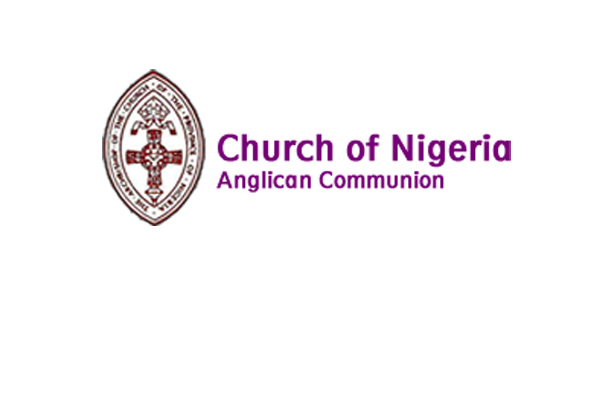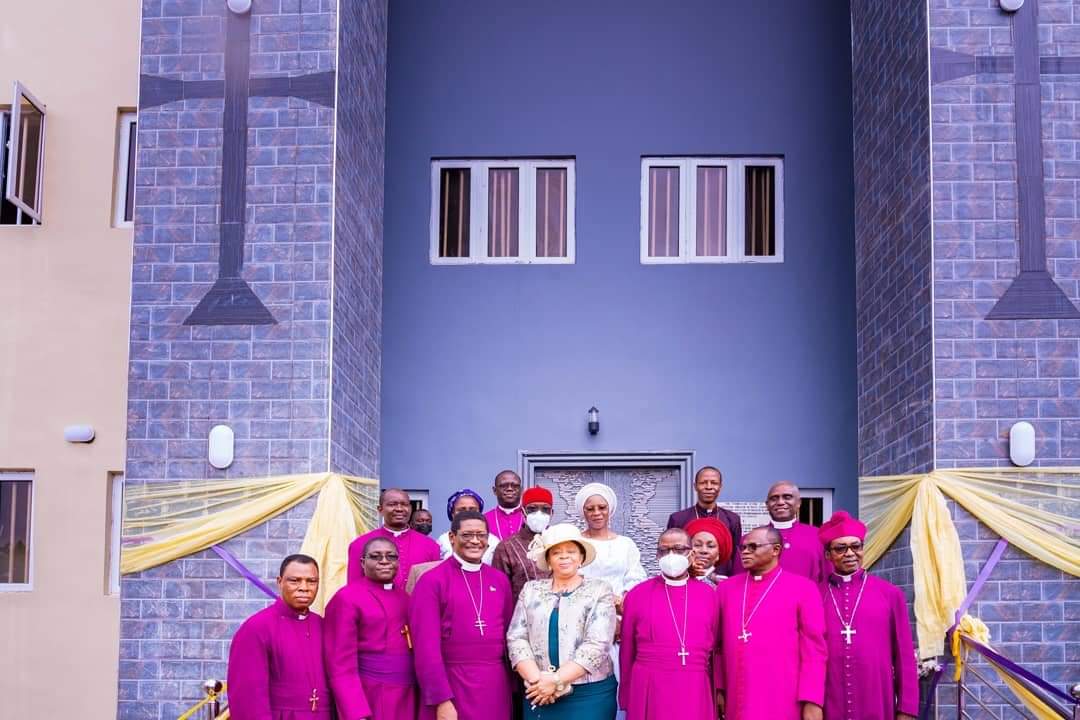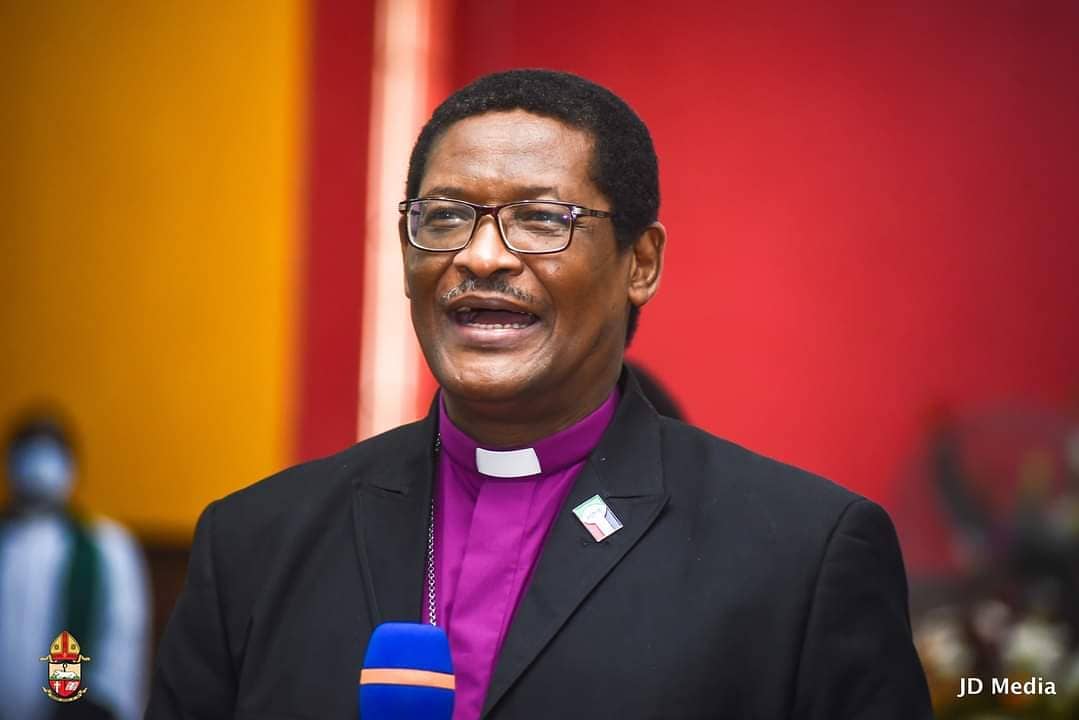The southern-most cathedral in the Anglican Communion, Christ Church Cathedral at Stanley in the Falkland Islands, is to get a new rector. And the priest chosen to head up the Anglican Church on the islands is the Revd Nicholas Mercer, who – as Lt Col Nicholas Mercer – was the chief legal officer for the British Army during the 2003 Iraq war. Mercer left the army in 2011 to pursue a long-standing call to the ordained ministry.
He was ordained to the diaconate in Salisbury Cathedral that year served a curacy at St Mary the Virgin in the Dorset parish of Gillingham, where he was ordained to the priesthood. For the past three years he has served as assistant chaplain at the prestigious Sherborne School in Dorset.
Mercer is an outspoken critic of the use of torture and in 2011 he was named Human Rights Lawyer of the Year for his work which saw the British Government concede that the UK’s Human Rights Act applied as much to prisoners of war detained on the battlefield as it did in the domestic situation; bringing an end to the use of hooding, stress positions, food and sleep deprivation and white noise as a precursor to interrogation.
Despite the praise heaped on his work in many quarters, he had been suspended by the Ministry of Defence over his challenges. “There was a sense that, after ‘baptism’ – being born again – I was sent into the wilderness as Jesus was, because it was a time of great trial,” he said in 2011. “In some respects, it was like being Jonah in the belly of the whale, whom God wanted and wouldn’t let escape! It’s a mixture of being ‘sorrowful yet always rejoicing’.
“The role of combative lawyer and priest are not necessarily opposed and my stance over the rights of prisoners was as much a theological battle as one about human rights. In my view, the Christian teaching that all human beings are created in the image of God is the basis for all human rights.”
The Parish of the Falkland Islands is an independent autonomous parish, outside any Anglican province. Its status within the Anglican Communion is “extra provincial to the Archbishop of Canterbury.” The church’s status as a cathedral stems from the Victorian era, and the consecration of Waite Hockin Stirling to serve as Bishop of the new Diocese of the Falkland Islands, which covered much of south America. In 1910, as the churches grew, a series of new dioceses were carved out leaving the Falkland Islands effectively isolated as an English speaking British colony in a province which was very-much dominated by Spanish-speaking Latin America.
In 1978, responsibility for the Falkland Islands passed to the Archbishop of Canterbury, who appoints a commissary as Bishop for the Falkland Islands. In recent years that has been a post held by the Bishop at Lambeth – currently Bishop Tim Thornton. Despite the changes, the status of the Christ Church has remain unchanged: it is a cathedral without a diocese, serving a parish which reports to the Archbishop of Canterbury. Christ Church Cathedral in Stanley lies almost 8,000 miles south-west of Canterbury Cathedral.
Spencer has already spent time on the Falkland Islands, completing a parish placement in Stanley during training for the ordained ministry. “I loved my placement and was very warmly welcomed by the parish,” he said in a post on the parish’s Facebook page. “I am delighted to be returning as the Rector seven years later.”
The Revd Nicholas Spencer will take up his new role early in the New Year.





